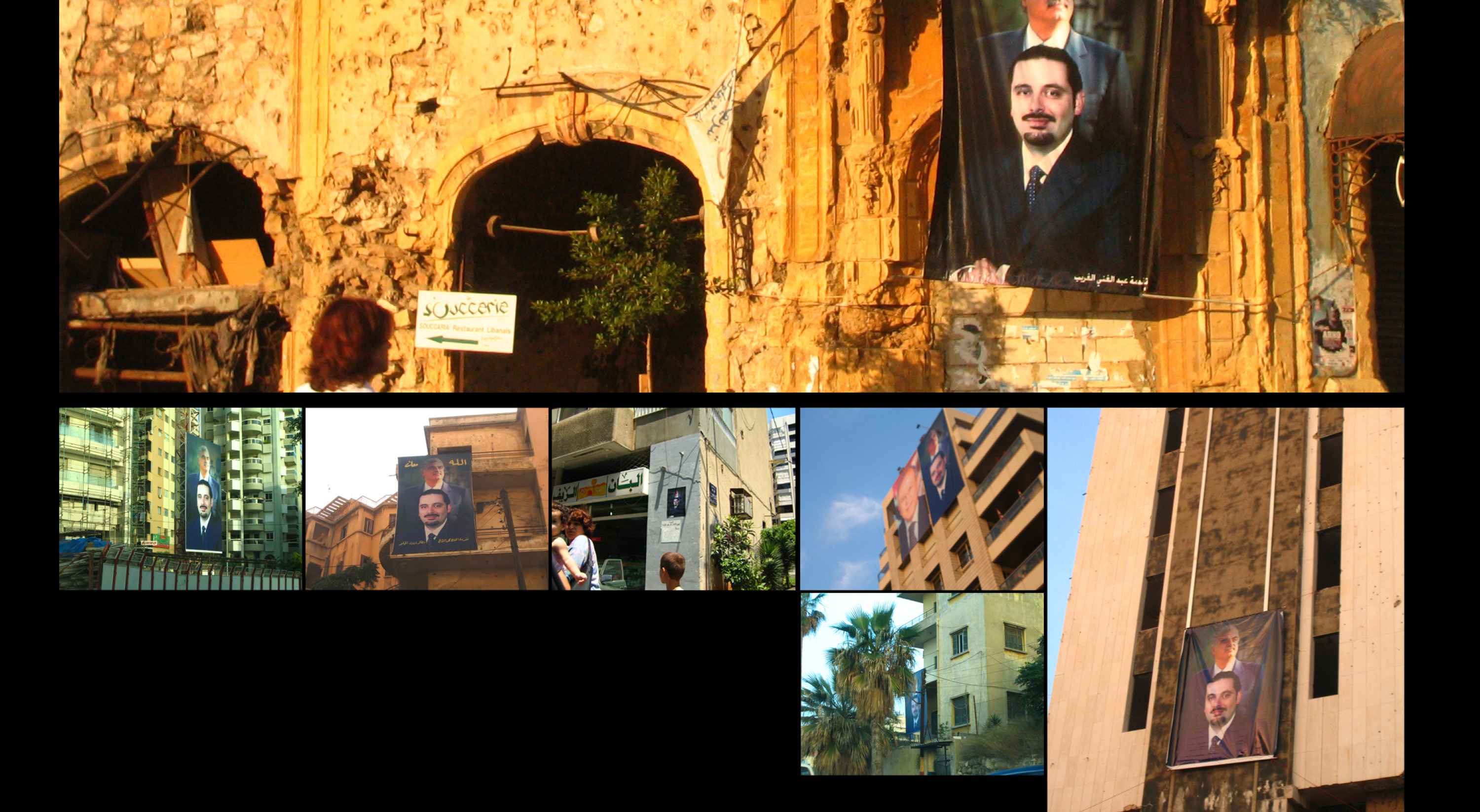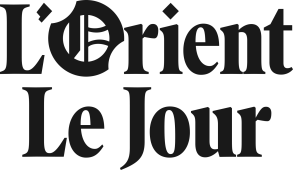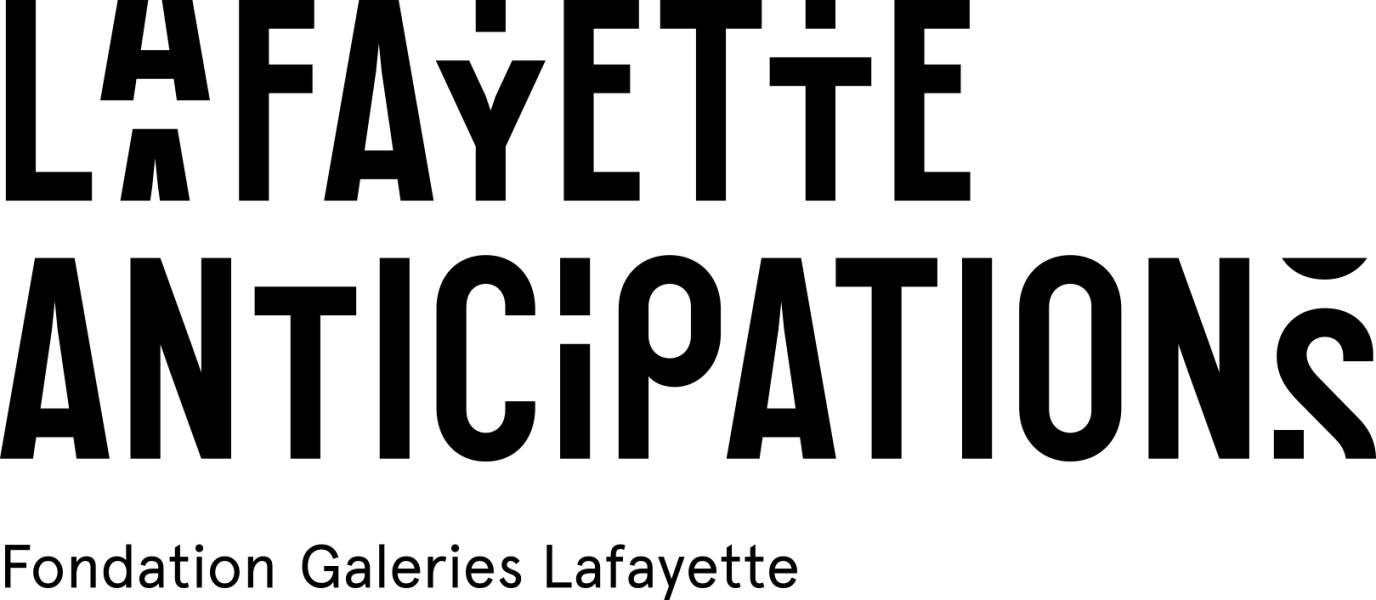Rabih Mroué
Make Me Stop Smoking
septembersept 20
A non-academic lecture by Rabih Mroué. English translation Safa Saoud. French translation in progress.
Commissioned by Akram Zaatari, 2006
Production The Lebanese Association for Plastic Arts, Ashkal Alwan (Beyrouth)
With the support of the Oberhausen International Short Film Festival, 2006
In partnership with L'Orient Le Jour
Lafayette Anticipations and the Festival d'Automne à Paris present this programme in co-realisation.
As part of Lafayette Anticipations' Échelle Humaine festival, organised with the Calouste Gulbenkian Foundation - Delegation in France.
Rabih Mroué's objective with his “non-academic conferences” is to subvert, via the perspective of performance, the principle of the conference. He does so by imitating the mechanisms at work within the conference format. He does not set out to make fun of the principle of the conference itself, but rather to exploit the power of the exercise as a form of public address. This is achieved by operating a shift of a voluntarily ambiguous nature, passing from presentation to representation and from reality to the imagination. The illusion it sets up is a disturbing one: the tone is neutral, the expertise seems well proven, and the documents supporting the speech suggest authenticity. This, of course, is precisely the aim of the whole mischievous, moving and intellectually stimulating operation.
There is something you need to know: Make Me Stop Smoking (2006) will not help you get rid of any addiction. It is more about the conference speaker freeing himself from a factor which contributes to his own personal cerebral tension. It is comprised of a constantly increasing pile of documents accumulated over the years, potential subjects for artistic creations, some of which he reveals to the audience. The memory of contemporary Lebanon as well as very personal foibles of his constitute the material for this vertiginous collection. Via a mixture of hoaxes and emotions, it is used to investigate how intimate and collective memory becomes interwoven through the process of archive.
Interview with Lina Majdalanie & Rabih Mroué
In the same place



